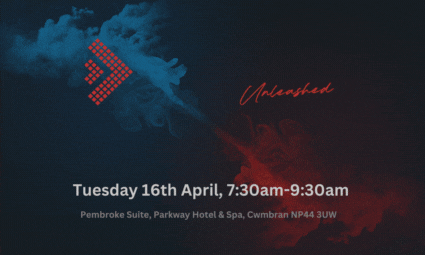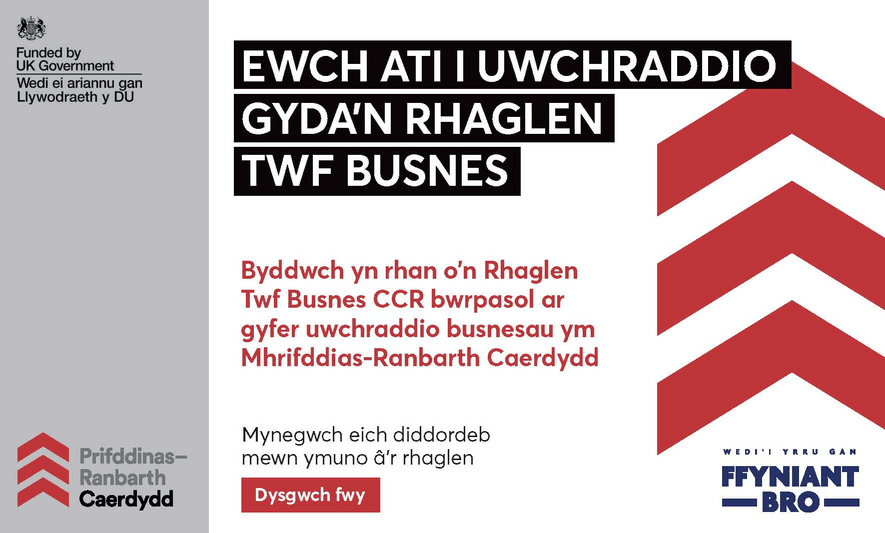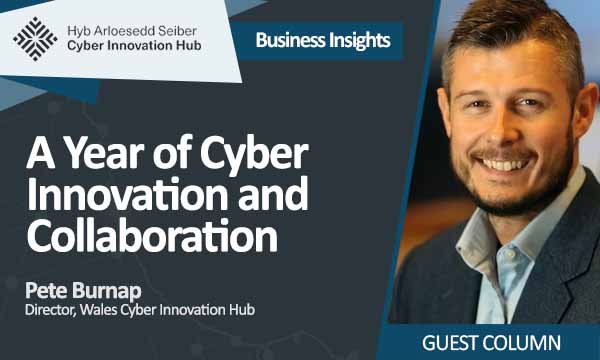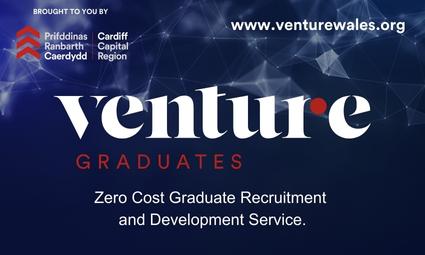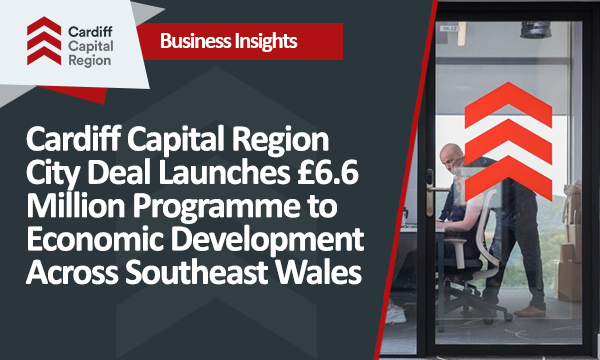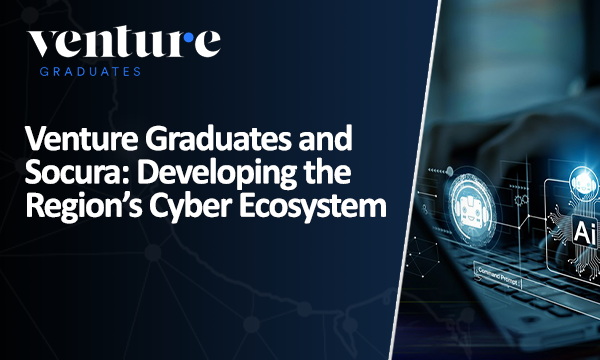Huw David, Leader of Bridgend Council and Chairman of CCR Regional Transport Authority, was speaking to Business News Wales, MD, Mark Powney
Give me an overview of your background and your responsibilities.
I’ve been leader of Bridgend County Borough Council since 2016, and I’m very proud to be first chair of CCR Regional Transport Authority. Transport infrastructure is at the heart of our vision for the region, making sure that our communities are better connected so they become more inclusive and more prosperous.
How do you in the 10 local authorities that make up CCR communicate and work together?
The collective vision and spirit has been remarkable, we’ve all worked together very well. That shared vision for our region is core to the success of that joint working.
If you’d said to any local government leader 10 years ago that we’d be able to work so closely together, I don’t think any of them would have said it would happen here in south-east Wales. But it has happened, and that’s what’s going to make this City Deal one of the most successful in the UK.
We’ve all been through some turbulent times these last few months with many businesses suffering a huge impact. How has Bridgend fared relative to the region, and what are the main challenges we face as we emerge from lockdown?
Bridgend is suffering and will suffer like every part of Wales and every part of the UK. It’s going to be a very difficult period ahead. However, there is some optimism for Bridgend amongst all the difficulties for local businesses.
For example, we’ve had an announcement of a £100m investment in paper mills in Llangynwyd, that will secure existing high-skilled jobs and create more jobs in the future. And the Ineos development is going ahead.
So we are focused as Bridgend and as a region on making sure we recover as quickly as we can from the impact of the virus and the lockdown.
We’ve heard recently about the CCR’s post-Covid priorities and the investment decisions made by CCR Regional Cabinet. What do you think are the most critical things for CCR to focus on?
You won’t be surprised to hear me say that transport has always been critical and continues to be a critical area, and that wider infrastructure is important. We’ve got a number of very exciting projects we’re taking forward on improving the digital infrastructure in south-east Wales. The pandemic and lockdown have accelerated at breakneck speed the shift to digital ways of doing business and homeworking, so we need a modern, ultrafast IT infrastructure in place for all our communities.
And of course, focusing on industries of the future, fintech, life sciences, medical, R&D; we can make sure those sectors grow at a rapid pace as part of recovery from the pandemic.
A large part of the City Deal investment fund is ring fenced for the Metro and Metro Plus enhancement projects. How is work on these progressing, and has it slowed down because of Covid? What developments can we look forward to hearing about next?
Some of the work has slowed down, but the central team has continued to work flat out, and much of the planning has been able to continue. We’re determined to make a success of Metro Plus. We see the transport projects as being important in themselves as providing improved connectivity, but also as catalysts in some of our most disadvantaged communities, for regeneration, new housing, and bringing new businesses into our communities. Putting those communities on the map, so people know they can be at the heart of our region very quickly and they can get further afield to London and beyond; that’s been key to our plans for making sure that all parts of the region are better connected.
We’ve seen media coverage of funding support for ultra-low emission vehicles, which is something you’re passionate about. Talk to us a bit more about what your ambitions are, and why it’s so important for the region.
It’s vital because the recovery from the pandemic needs to be a green recovery. The climate emergency has not gone away because of the pandemic, and we need that shift from vehicles and transport that are contributing to that climate emergency to modern, low-emission vehicles that actually help in our mission to be greener. We’ve got a lot of work to do, but we are determined to make a success of that.
It’s also a recognition that in many parts of the region air quality is poor; it’s having an effect on people’s health now. We need that to change, and by switching to low emission vehicles we can and will make a difference to people’s health. We can lead the UK on this by making sure this change takes place at a very rapid rate, and making sure we support in particular the taxi and private passenger car industry. It’s not a highly profitable industry so they will need support to make that change, and our plans include making that support available.
Another area that’s got attention recently is active travel and ensuring our towns and cities are able to cope with increased bicycle and pedestrian usage. What are your own thoughts on how important this is and what would you like to see happen?
The pandemic has been devastating for lots of people, but we have seen some positive changes that have been forced on people, and some of those changes we will want to maintain. There has been a boom in the number of people cycling and walking, if only because that’s the only activity they can do locally. We know that’s good for people’s wellbeing; it makes them physically healthier. It’s also key to reducing pollution and improving air quality for everyone.
We were really pleased to see the Deputy Minister for Transport announcing additional funds have been made available to local authorities across Wales for them to plan for changes to make it easier and safer for people to cycle locally. Disappointed that the UK Government made an announcement about additional funding in England, but there was no Barnett consequential for Wales; but we want to lock in some of those behavioural changes that we have seen.
However, a lot of them have taken place in unusually good weather in the spring; it might be a little different in the cold, dark winter. But our long-term vision has always been that we will see far more people cycling and walking, because the current level of cars on our roads is not sustainable.
You’re also CCR Portfolio lead for digital connectivity. We saw support from Regional Cabinet in early March with potential investment in fibre provision, 5G, and rural connectivity. Given the increased importance of digital and the huge transformation in the way we’re all working, how are these projects progressing and what can the region look forward to and when?
They’re progressing at pace. The key to this vision that I’ve talked about is that every part of the region can and should benefit. From the valleys to the coast, we want all our communities to be part of a more sustainable and prosperous future for the region, and digital connectivity is at the heart of that.
There can be no digital divide in the region, and the focus of this work is to make sure our communities are not left behind, because we need them to have the same access to superfast broadband that other parts of the UK are having, because we know that’s of growing importance because of that shift to virtual business and homeworking.
This work will increase access to some of the most advanced, fastest and biggest capacity broadband in the UK. We’re keen to make this a competitive advantage for the region; if you want to do business quickly, digitally and instantly, you can do that in our region. That’s what we’re planning to achieve through our digital strategy.
If you were to fast forward 12 months, what would you hope the CCR and Regional Transport Authority would have achieved; what impact would you hope to have created?
That we are in full recovery from the pandemic. Our economy will not be the same as it was before and we won’t be able to support every business that affected by the pandemic; there will be major changes to our society and our businesses. But there are some opportunities, potentially, for many of our sectors, and if we act with speed and make sure we focus on the right areas and priorities, there’s a possibility we could be in a sustainable, green recovery in 12 months.
That’s not all within our gift. We will need the support of UK and Welsh governments, and most importantly we need to work with businesses across the region to make that a success. But I hope we can be in the midst of a fair and green recovery, and even if the economy is not booming, we want to see those green shoots there. We want to see businesses growing, employment rising, and investment in those industries of the future.




